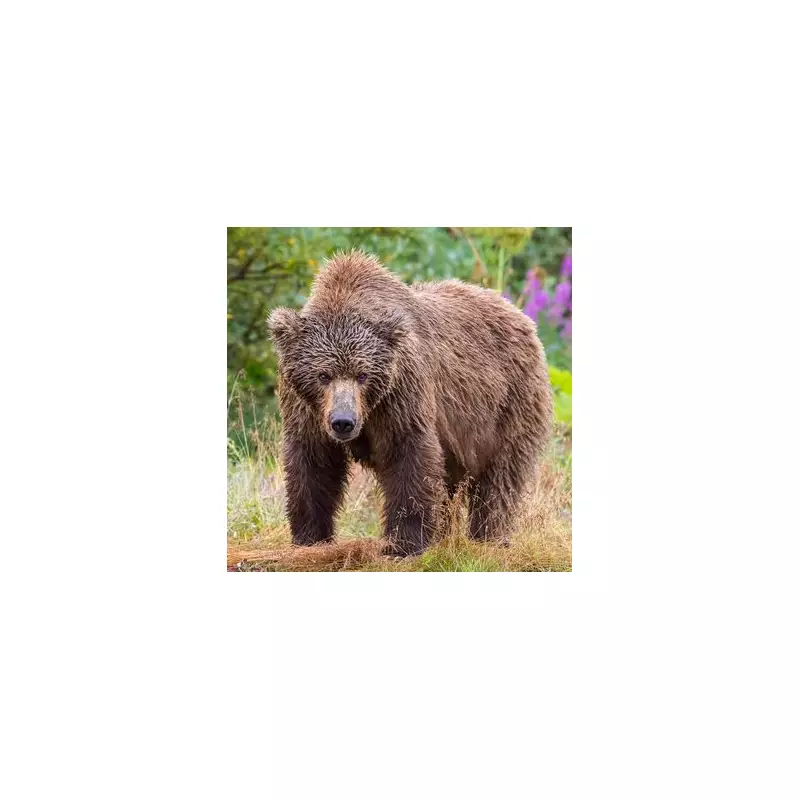
Terrifying Alpine Encounter
A woman hiking alone in the Chiemgau Alps of Germany experienced every solo trekker's worst nightmare when she came face-to-face with an adult brown bear in broad daylight.
The unnamed hiker described hearing unusual noises in the distance before a crow's panicked squawk alerted her to immediate danger. She turned to find a brown bear standing upright just 200 metres away, looking directly at her.
"A crow squawked really loudly, and then I looked around and saw a bear standing upright about 200 metres away. And then I ran," the woman told Radio Charivari.
She explained that her immediate instinct was to flee, adding: "At that moment, I really only had this urge to flee." The encounter was so sudden and frightening that she didn't even consider stopping to take a photograph.
Historical Rarity of Alpine Bears
What makes this sighting particularly remarkable is its location. The Chiemgau Alps hasn't had a breeding population of brown bears since the 1830s - nearly two centuries without established bear communities in this region.
While brown bears have been gradually returning to the Alpine region in recent years after centuries of declining numbers, their presence remains concentrated elsewhere. Breeding populations are primarily found in the Central Alps around Italy's borders with Austria and Slovenia.
Some individual bears are known to wander into German territory from the established Dinaric-Balkan population in the Balkans, which numbers approximately 4,000 bears. However, sightings as far north as the Chiemgau Alps remain exceptionally rare.
Germany's Bear History and Global Context
This isn't the first time Germany has dealt with wandering bears. In 2006, 'Bruno the bear' became a national sensation after spending seven weeks roaming the Bavarian countryside.
Multiple attempts to capture Bruno using tranquiliser darts proved unsuccessful, and authorities eventually gave permission for him to be shot in a field near the town of Zell in southern Germany, citing public safety concerns.
The situation in Britain provides even more historical context for such rare wildlife encounters. There have been no sightings of wild bears in Britain for nearly 600 years, with the last recorded presence in Scotland during the 1430s and in England during the 1240s.
Elsewhere in the world, bear attacks represent a genuine threat, particularly in regions where human settlements overlap with bear habitats. Just yesterday in Bella Coola, British Columbia, Canada, a grizzly bear attacked a group of primary school children and teachers, leaving eleven people injured and two fighting for their lives.
One mother, Veronica Schooner, reported that her 10-year-old son Alvarez was so close to the animal during the attack that "he even felt its fur." Reports indicated that a male teacher bravely attempted to stop the bear but suffered serious injuries requiring ambulance transport to hospital.





